Hank Kennedy | May 27, 2025
Guns and comics have been inseparable from their beginning. Without guns, how would the Punisher wage his war on crime? What would Batman knock out of mobsters’ hands with his Batarangs? When the U.S. military needed a manual to explain the new M-16 rifle, it was done in form of a comic book—by comics great Will Eisner. Ads for pellet-and bb guns used to litter the backmatter of comics.
 Just as their have been pro-gun comics, there have also been anti-gun comics, like the melodramatic issue of Peter Parker: the Spectacular Spider-Man "With this gun ... I thee kill!" or the Catwoman miniseries Catwoman: Trail of the Gun. In Green Arrow’s “Forgotten Paths,” the Batman villain Anarky dropped his traditional anarchism to endorse gun control. For whatever reason, superhero comics are a key vector for this kind of story.
Just as their have been pro-gun comics, there have also been anti-gun comics, like the melodramatic issue of Peter Parker: the Spectacular Spider-Man "With this gun ... I thee kill!" or the Catwoman miniseries Catwoman: Trail of the Gun. In Green Arrow’s “Forgotten Paths,” the Batman villain Anarky dropped his traditional anarchism to endorse gun control. For whatever reason, superhero comics are a key vector for this kind of story.
This February writer Dave Cowen and illustrator Gabriel Wexler brought out the domestic drama set in the far less fantastical Austin, TX: Should We Buy a Gun? Cowen is a longtime humor writer whose work has appeared in the New Yorker and McSweeny’s. He also publishes the SubStack SerioComics, a website for comics discussion. Should We Buy a Gun? began as a screenplay in 2013 that was never produced, before illustrator Wexler entered the picture in 2020. The two’s politics differ. Cowen is on the left, Wexler the right.
Although I am on the left, I have owned a gun for many years. George Orwell was correct in my view when he wrote the following for the Evening Standard: “That rifle hanging on the wall of the working-class flat or labourer’s cottage, is the symbol of democracy. It is our job to see that it stays there.” Adam and Maggie, the main characters of Cowen and Wexler’s comic have different reasons for buying their gun. After the two are mugged one night leaving a grocery store, what ensues is a book length attempt to answer the titular question.
Unfortunately, the intriguing plot is undermined by overly broad characterization. Our leads come off as stereotypical progressives who recite talking points rather than exchange dialogue. An example, from Maggie: “We’re forever sex-positive, but monogamous progressives.” Another from Adam: “NPR journalists don’t own guns. You know better now.”Maggie’s job as a reporter for the local NPR station, further paint her as a liberal stereotype.
 The cliché occupations and speeches from our protagonists underline the uncertain tone of the comic. When Maggie buys a gun and brings it home, she displays a remarkable lack of gun safety even though its revealed she grew up around guns. She keeps her finger on the trigger while pointing it every which way. Fortunately it turns out to be unloaded. It’s reminiscent of Homer Simpson’s similarly reckless behavior in “The Cartridge Family.” Are readers meant to be scared or amused?
The cliché occupations and speeches from our protagonists underline the uncertain tone of the comic. When Maggie buys a gun and brings it home, she displays a remarkable lack of gun safety even though its revealed she grew up around guns. She keeps her finger on the trigger while pointing it every which way. Fortunately it turns out to be unloaded. It’s reminiscent of Homer Simpson’s similarly reckless behavior in “The Cartridge Family.” Are readers meant to be scared or amused?
The worldviews of characters in Should We Buy a Gun? appear to shift rapidly in ways that are not always convincing. After the mugging, Maggie buys an American flag-patterned pistol behind her husband’s back. Adam is aghast until the two try it out at the gun range. Afterwards he rechristens himself “Rambo Adam,” while Maggie suddenly opposes owning the gun. Adam becomes so pro-gun in fact, that he sits through a conspiratorial lecture from the pistol packing school security guard fretting over the “FBI,CIA, CDC [and] their false flag black SUVs, vaccines, and psyop memes.” At this a nonplussed Adam remarks, “Huh.”
Cowen can be credited for accurately conveying the right-wing conspiracism that colors so much of gun culture. At multiple gun stores in Metro Detroit, stickers proliferate recommending Alex Jones and his InfoWars.com to patrons. One sold stickers reading “Pro God, Pro Life, Pro Gun.” How one can be both pro-life and pro-gun is a question better left unasked. Much easier to buy one’s bullets then get out.

On the artistic front, Wexler’s drawings lack a certain dynamism. When Adam and Maggie are mugged, the event is presented in the same flat method as any other scene. Contrast with Eduardo Risso’s depiction of Paul Dini’s mugging in 2016’s Dark Night: A True Batman Story. Risso uses disorienting angles and heavy shadows to retell Dini’s nightmarish experience. There’s no such fear present in the current work. Exler does vary panel borders and coloration in dream sequences, revealing he is capable of switching things up.
 left to right: page from Dark Night: A True Batman Story, art by Paul Dini, page from Should We Buy a Gun?, art by Gabriel Wexler
left to right: page from Dark Night: A True Batman Story, art by Paul Dini, page from Should We Buy a Gun?, art by Gabriel WexlerWexler’s drawings of guns also prove problematic. Given how important guns are to the story, it’s essential that they be drawn accurately. Yet, often the guns look not just generic, but unrealistic. It’s a plot point in the climax that Adam can tell a fake rifle from a real one. It’s drawn exactly the same as the other guns in the book, so readers can make no such determination.
 Reagan and Eva, lesbian friends of Maggie and Adam, provide some historical background on gun laws throughout U.S. history. Reagan, who is Black, points out that the militias called for in the 2nd Amendment were restricted to white men. She relates the stories of Deacons for Defense and the Black Panthers, two Black armed self-defense organizations. Surprisingly, she does not mention Philando Castille, a Black gun owner killed by a police officer during a traffic stop. The country’s premiere mainstream gun-rights organization, the NRA, ended up blaming Castille for his own death.
Reagan and Eva, lesbian friends of Maggie and Adam, provide some historical background on gun laws throughout U.S. history. Reagan, who is Black, points out that the militias called for in the 2nd Amendment were restricted to white men. She relates the stories of Deacons for Defense and the Black Panthers, two Black armed self-defense organizations. Surprisingly, she does not mention Philando Castille, a Black gun owner killed by a police officer during a traffic stop. The country’s premiere mainstream gun-rights organization, the NRA, ended up blaming Castille for his own death.
What emerged most from Should We Buy a Gun? is not a strong position on gun-rights vs. gun control, but rather a criticism of the lack of communication that can easily destroy personal relationships and, at a higher level, political discourse. Maggie doesn’t confer with Adam before bringing a gun into the home; Adam doesn’t consult with her before signing up for a license to carry class put on by the Austin Progressive Shooters gun club. One Republican politician remarks that he feels “the immense danger to radicalizing the base of our supporters with fear and hate” and that he is “more moderate than the public mask” he presents. He too, is afraid of honest communication.
Both Cowen and Wexler bring passion to their work on Should We Buy a Gun? This is obviously an issue that is very important to the both of them. But their story’s characters are cookie-cutter and the storytelling lacks variety and tension.




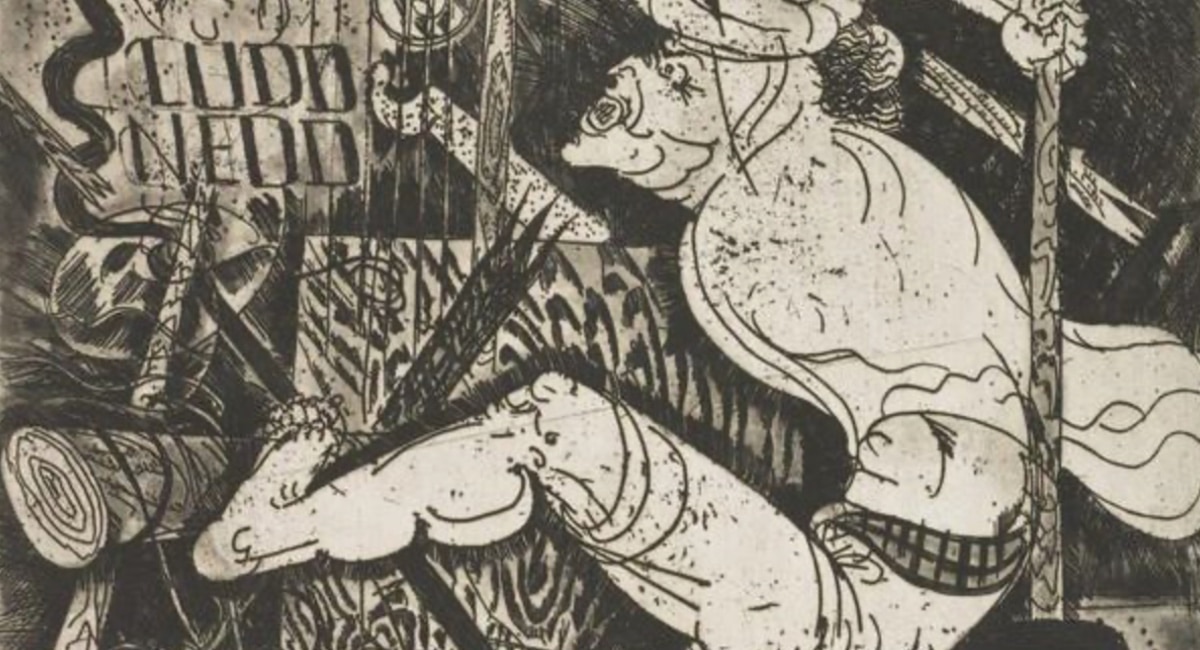

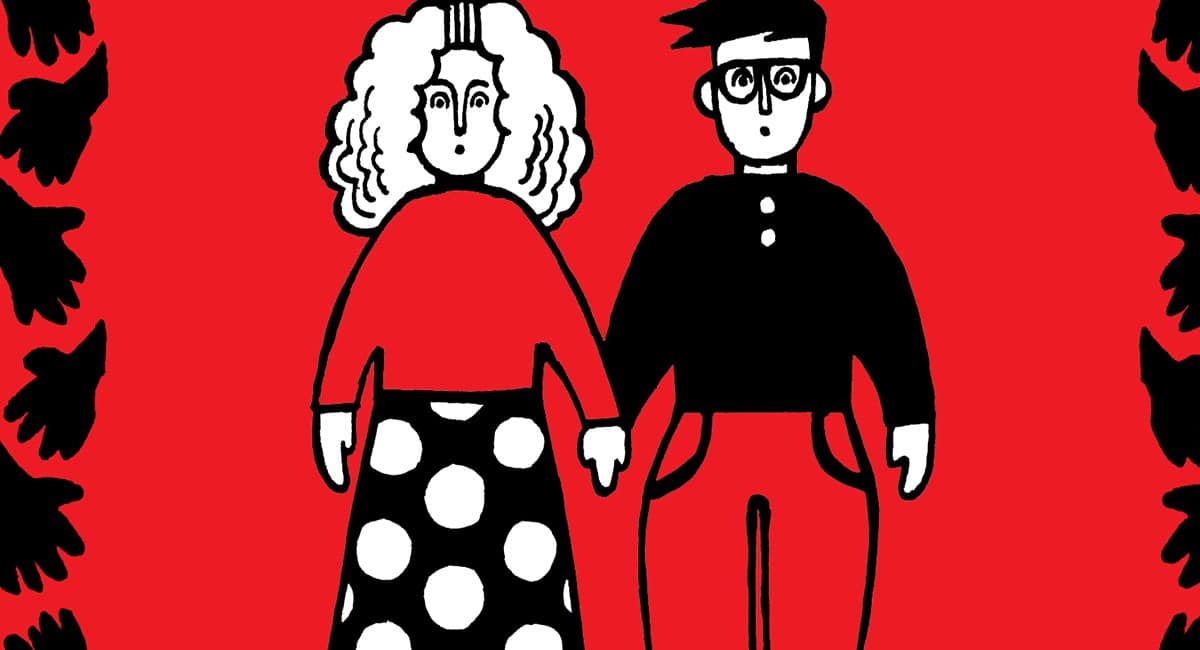






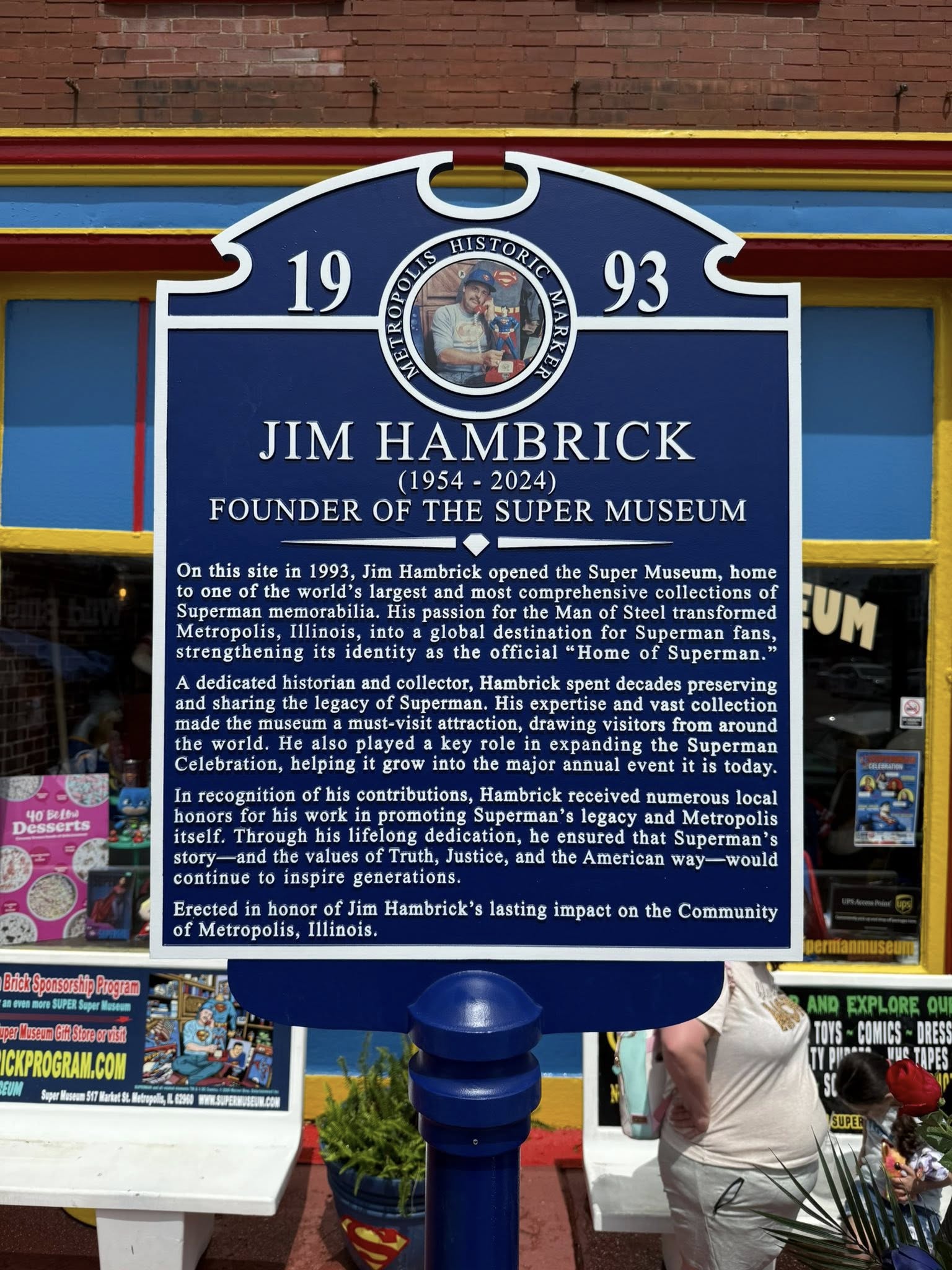



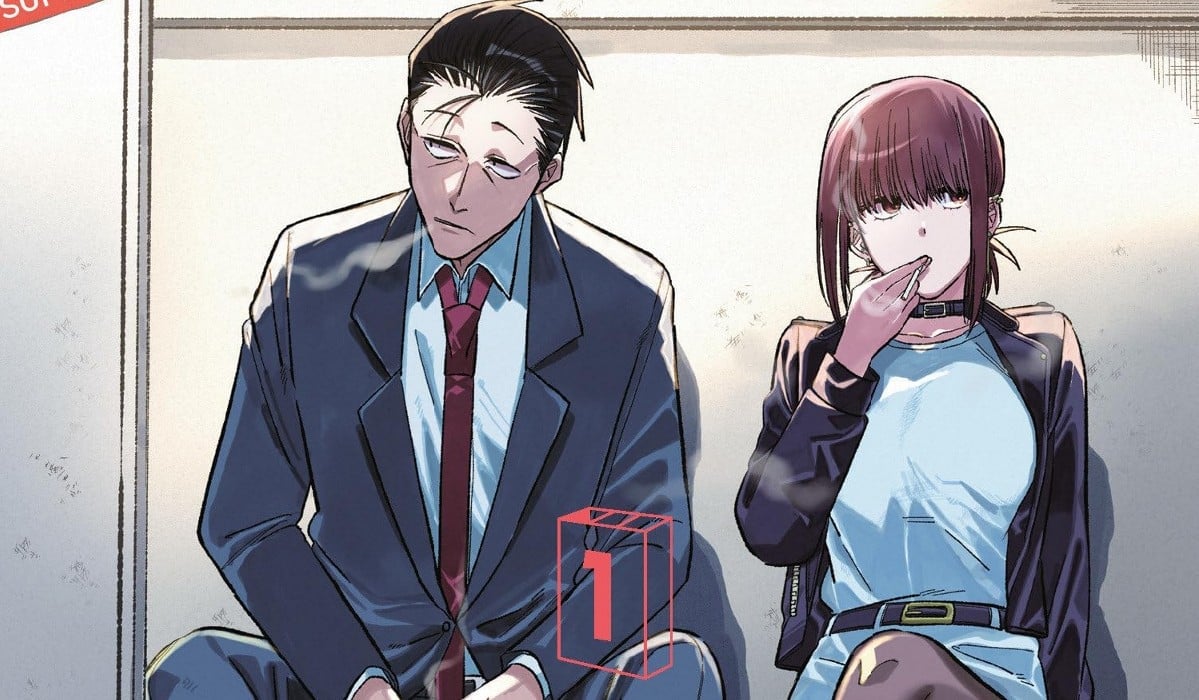
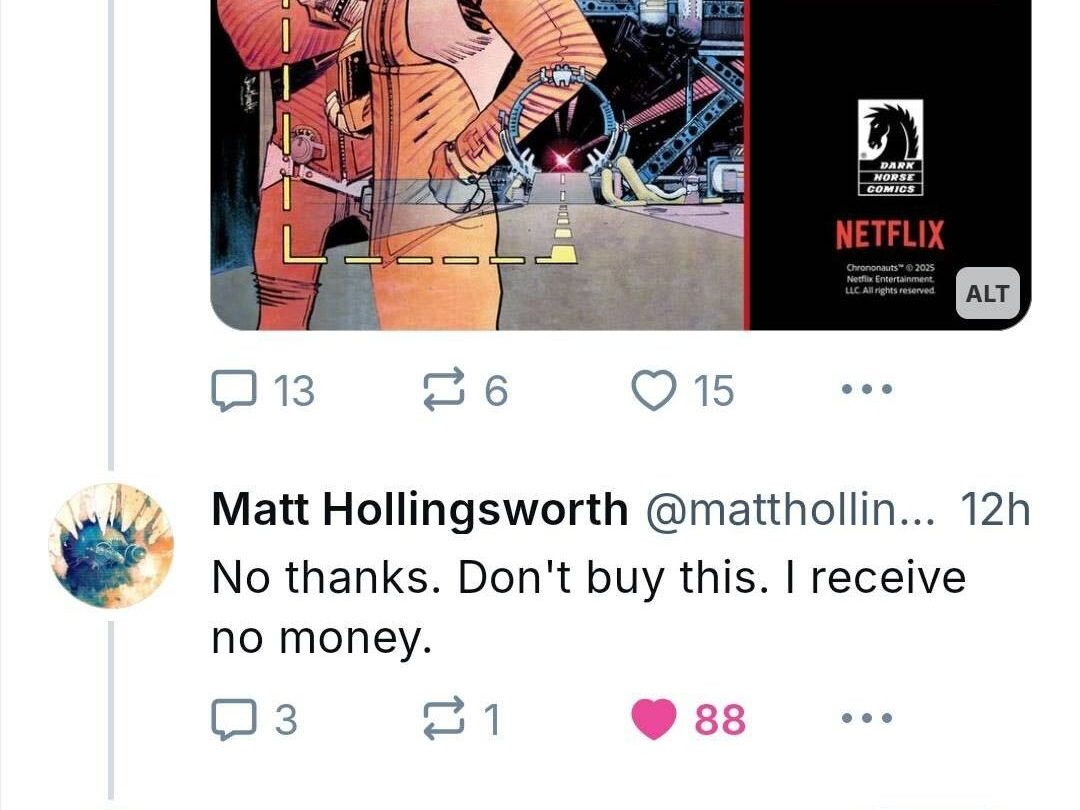

 English (US) ·
English (US) ·